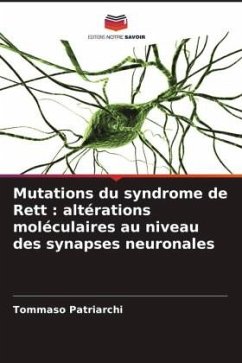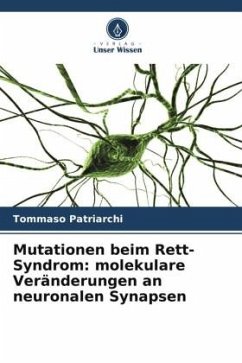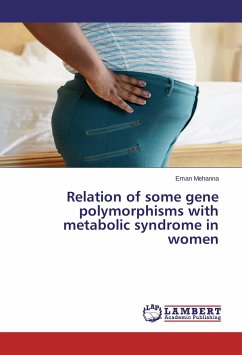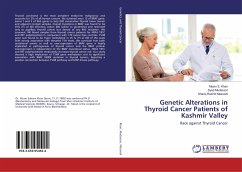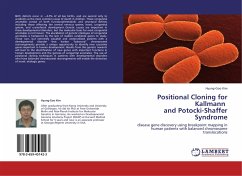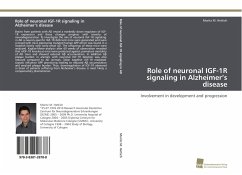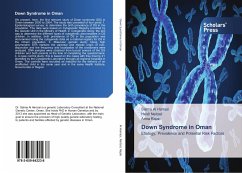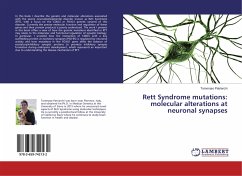
Rett Syndrome mutations: molecular alterations at neuronal synapses
Versandkostenfrei!
Versandfertig in 6-10 Tagen
33,99 €
inkl. MwSt.

PAYBACK Punkte
17 °P sammeln!
In this book I describe the genetic and molecular alterations associated with the severe neurodevelopmental disorder known as Rett Syndrome (RTT), with a focus on the CDKL5 or FOXG1 genetic variants of this disorder. Currently the precise molecular function and regulation of these genes and their protein products is poorly understood. The work I present in this book offers a view of how the genetic mutations identified in RTT may relate to the molecular and functional regulation of synaptic biology. In particular, I unveiled how the interaction of CDKL5 with a key scaffolding protein at excita...
In this book I describe the genetic and molecular alterations associated with the severe neurodevelopmental disorder known as Rett Syndrome (RTT), with a focus on the CDKL5 or FOXG1 genetic variants of this disorder. Currently the precise molecular function and regulation of these genes and their protein products is poorly understood. The work I present in this book offers a view of how the genetic mutations identified in RTT may relate to the molecular and functional regulation of synaptic biology. In particular, I unveiled how the interaction of CDKL5 with a key scaffolding protein at excitatory synapses (PSD-95) is regulated by neuronal activity and how mutations in the FOXG1 gene shifts the balance of excitatory/inhibitory synaptic proteins to promote inhibitory synapse formation during embryonic development, which represents an important clue to understanding the disease mechanism of RTT.



